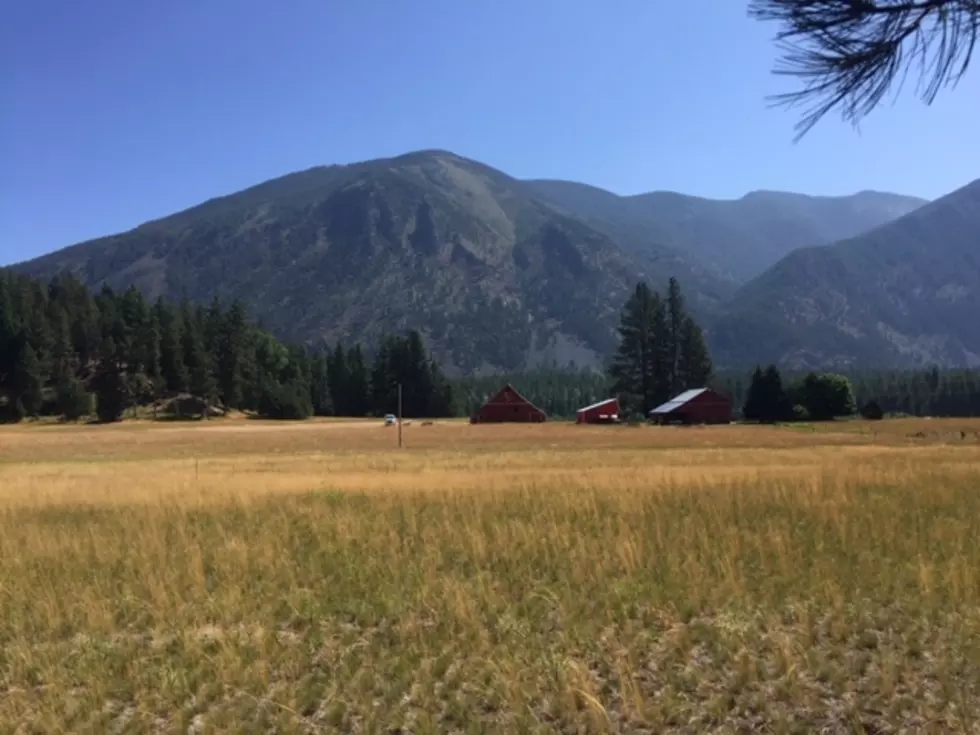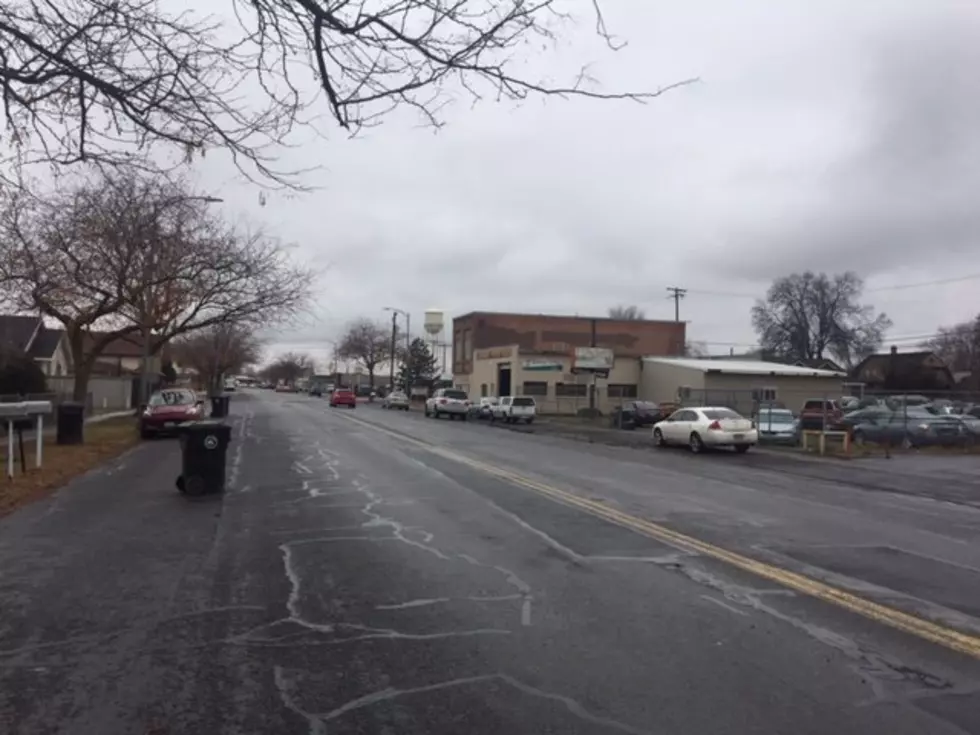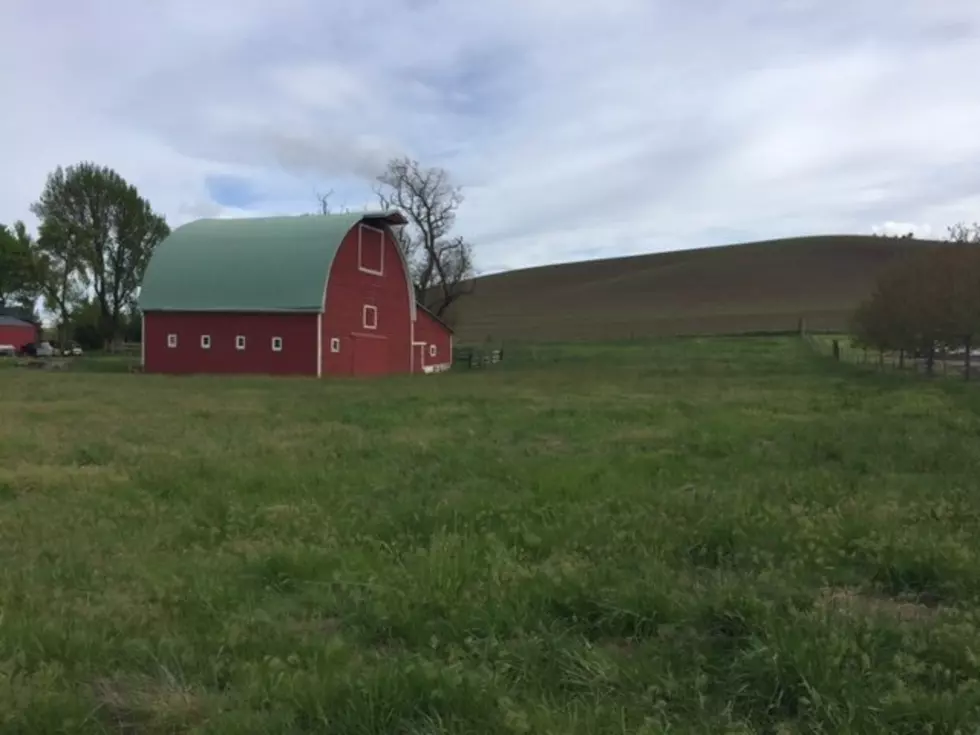
COVID-19 Continues Pressure on Farm Finances in the Second Quarter
The effects of COVID-19 continue to put pressure on the agricultural economy and weighed down farm finances. Farm income declined in the second quarter of 2020 at its quickest pace since 2016, due in large part to weak market conditions for key agricultural commodities. Weakness in both farm income and borrower liquidity was expected to carry into the coming months. Agricultural credit conditions remained weak overall, but still relatively stable. The decrease in liquidity was consistent across all states, with a comparably higher share of banks in Nebraska reporting reduced short-term funds among borrowers.
Looking ahead, bankers expect farm borrowers to have greater difficulty repaying loans. Some of the current stability in credit conditions may be attributed to government programs that provided revenue support and additional financing options for borrowers.
Even before COVID-19, the USDA was already forecasting additional declines in working capital for the U.S. farm sector in 2020. Concern about drought is placing additional pressure on the western part of the Kansas City Fed’s District. A bigger share of bankers in the west expect farmers to have trouble paying back loans in the months ahead.
If you have a story idea for the PNW Ag Network, call (509) 547-1618, or e-mail gvaagen@cherrycreekmedia.com
More From PNW Ag Network









